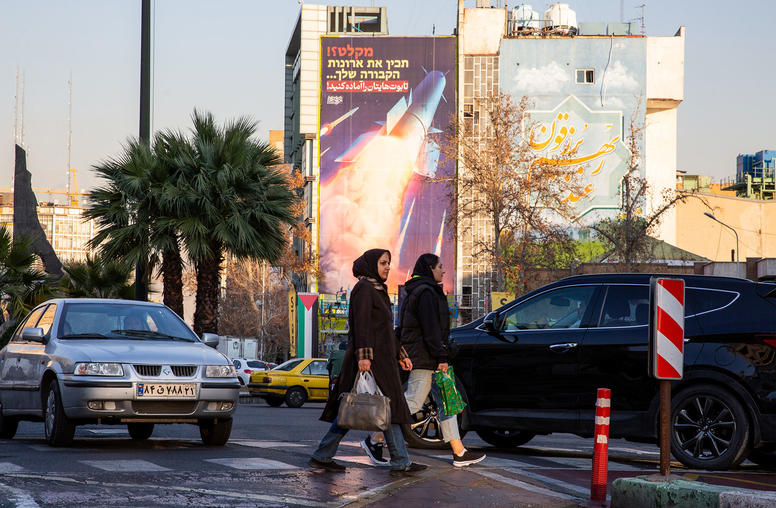Intelligence and the Prevention of Conflict: The NIE Process and Iran's Nuclear Ambitions
The recent release of the National Intelligence Estimate (NIE) on Iran's nuclear capabilities and intentions has stirred unprecedented public debate and controversy about the relations between policy and intelligence in conflict situations, in particular on how to bring intelligence findings to the forefront of national policy debate on a crucial foreign policy issue.
Since its release, the Iran NIE has been used to support wildly opposing policy choices. However, often overlooked in this debate are a broader examination of the NIE process itself and a deeper understanding of its role in shaping policy and preventing violent conflict.
To better address these issues, USIP is convening a roundtable panel of experts to discuss the process and role of the NIE in assessing nuclear capabilities and intentions. This roundtable will unite academic historical expertise with professional experience in the intelligence community.
Archived Audio
To listen to audio or to view video, please click on the links provided below. You also can right click on the links and choose "Save Target As" or "Download Linked File." This will save the file to your computer and then allow you to play it in your media player directly. More Audio Help.
- Listen to the audio from this event.
1:46:39 - 13.4MB
Speakers
- Dr. William Burr
Senior Analyst, National Security Archive, George Washington University - Dr. Avner Cohen
Senior Fellow, Jennings Randolph Fellowship Program, U.S. Institute of Peace - Dr. David Kay
Senior Fellow, Potomac Institute for Policy Studies and former IAEA/UNSCOM Chief Nuclear Weapons Inspector - Dr. Jeffrey Lewis
Director, Nuclear Strategy and Nonproliferation Initiative, New America Foundation - Dr. George Perkovich
Vice President for Studies - Global Security and Economic Development, Carnegie Endowment for International Peace - Dr. Paul Pillar
Associate Professor, Georgetown University and former National Intelligence Officer for the Near East and South Asia, Central Intelligence Agency (CIA) - Leonard Spector
Director, Washington, D.C. office of the Monterey James Martin Center for Nonproliferation Studies - Dr. Steven Heydemann, Moderator
Vice President, Grants and Fellowships Program and Special Adviser, Muslim World Initiative, U.S. Institute of Peace



